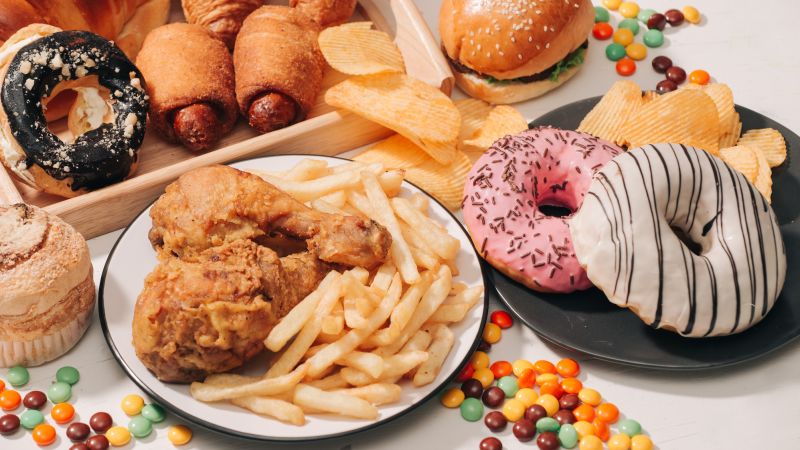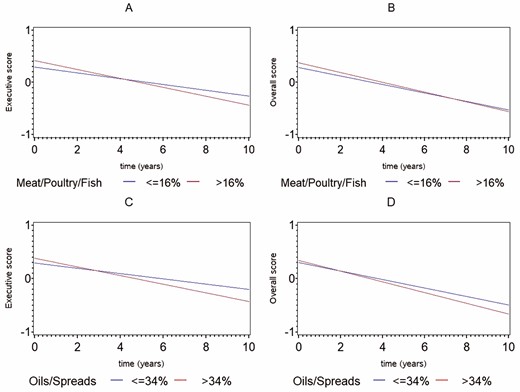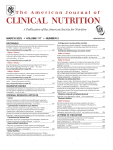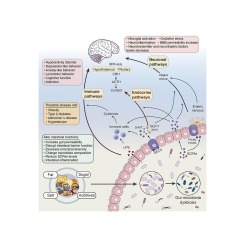David PS
Member
Cross-sectional examination of ultra-processed food consumption and adverse mental health symptoms | Public Health Nutrition | Cambridge Core
Cross-sectional examination of ultra-processed food consumption and adverse mental health symptoms






